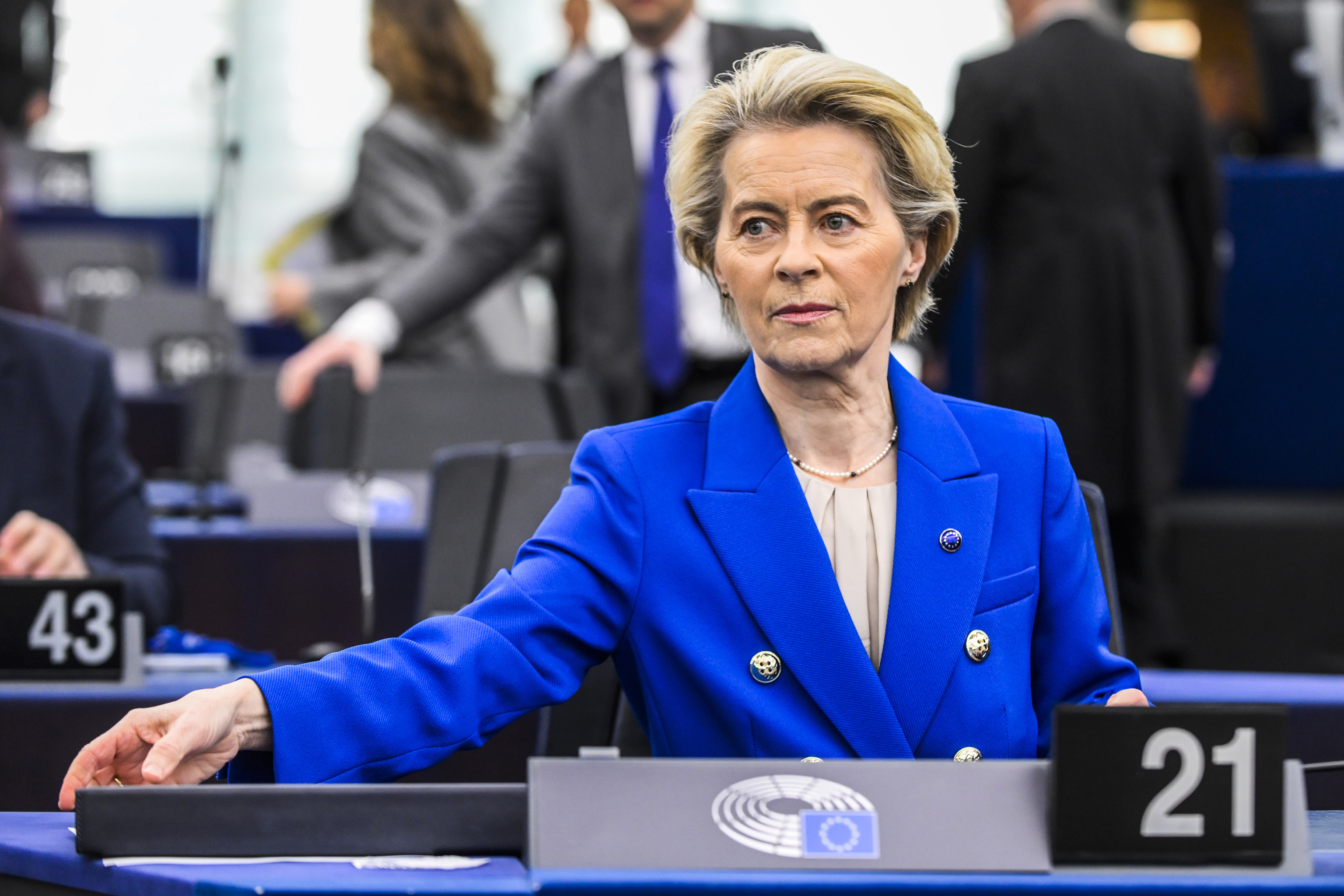The European Union recently warned that, according to the intelligence services of Denmark and Germany, Vladimir Putin plans to attack a NATO country before 2030. According to Article 5 of the Alliance, this would constitute an attack against all countries that make up the North Atlantic Treaty Organization. But Brussels is now even clearer, warning of the possibility of armed conflict in the EU. Of a war.
"We must prepare for large-scale incidents and crises across sectors, including the possibility of armed aggression affecting one or more member states," the Commission states in the Union's Preparedness Strategy to be published tomorrow.
The draft of this text, obtained by EL MUNDO and previewed by El País, is very clear in its warnings about a potential conflict. In fact, the first paragraph is very clear on this matter. "For decades, peace and stability have been intrinsic to the European project, and this remains the case. However, at the same time, Europe now faces a new reality characterized by increasing and multifaceted risks, as well as profound uncertainty," it points out from the start.
"Russia's aggression against Ukraine, the rise in geopolitical tensions, state-sponsored hybrid and cyber attacks, sabotage targeting critical assets, manipulation and interference of foreign information, and electronic warfare have become a permanent feature of current reality," it continues. And it concludes unequivocally: "Given this landscape, there is a realistic possibility that Europe's preparedness and resilience against armed aggression will be tested in the near future. This is a wake-up call for Europe."
The EU's stance is very clear, the risks are evident, and the language leaves no room for doubt. Despite President of the Government, Pedro Sánchez, wanting to modulate communication and avoid words like "rearmament" because it discomforts his Sumar partners.
The text, which includes proposals from the report prepared by former Finnish President Sauli Niinistö last October, provides citizens with some recommendations for these potential large-scale incidents. Perhaps the most striking is the need for citizens to be self-sufficient for a period of three days.
"The Commission will support Member States in achieving a population self-sufficiency of at least 72 hours throughout the European Union. In case of extreme disruptions, public authorities may not be able to meet the basic needs of the entire population during the initial phase of a crisis. Therefore, individuals and households are expected to be able to sustain themselves independently for the first three days, ensuring access to essential needs such as water, food, medicine, and basic services before external assistance arrives," the text points out.
The Commission's document comes out just after the European Parliament published its Eurobarometer survey, which highlights Spain's low concern about a possible war. According to the document, 36% of Europeans consider security and defense to be the main issue the EU should focus on, while this figure only reaches 20% among Spaniards. This is the lowest figure along with Malta.
